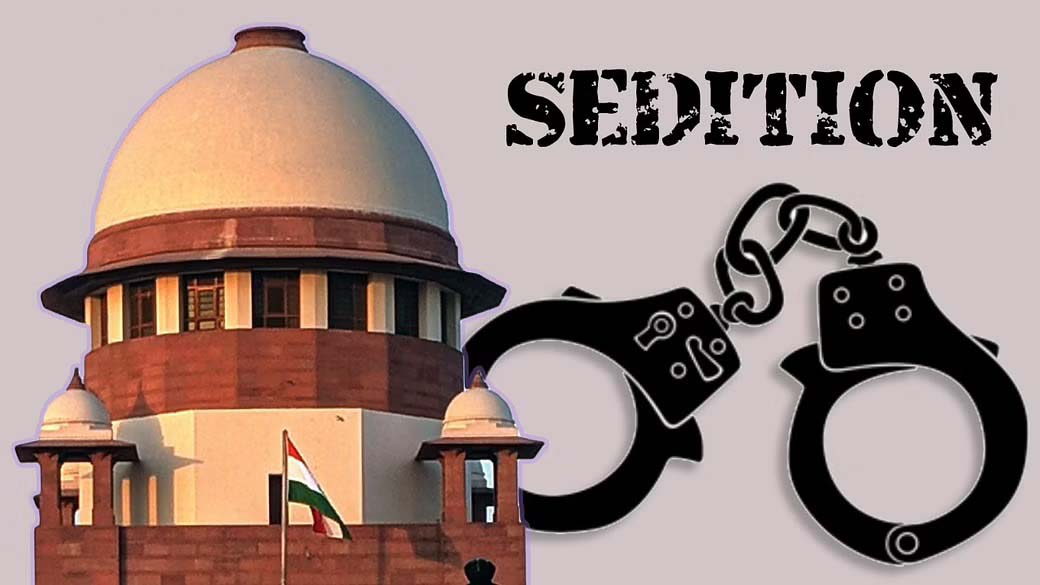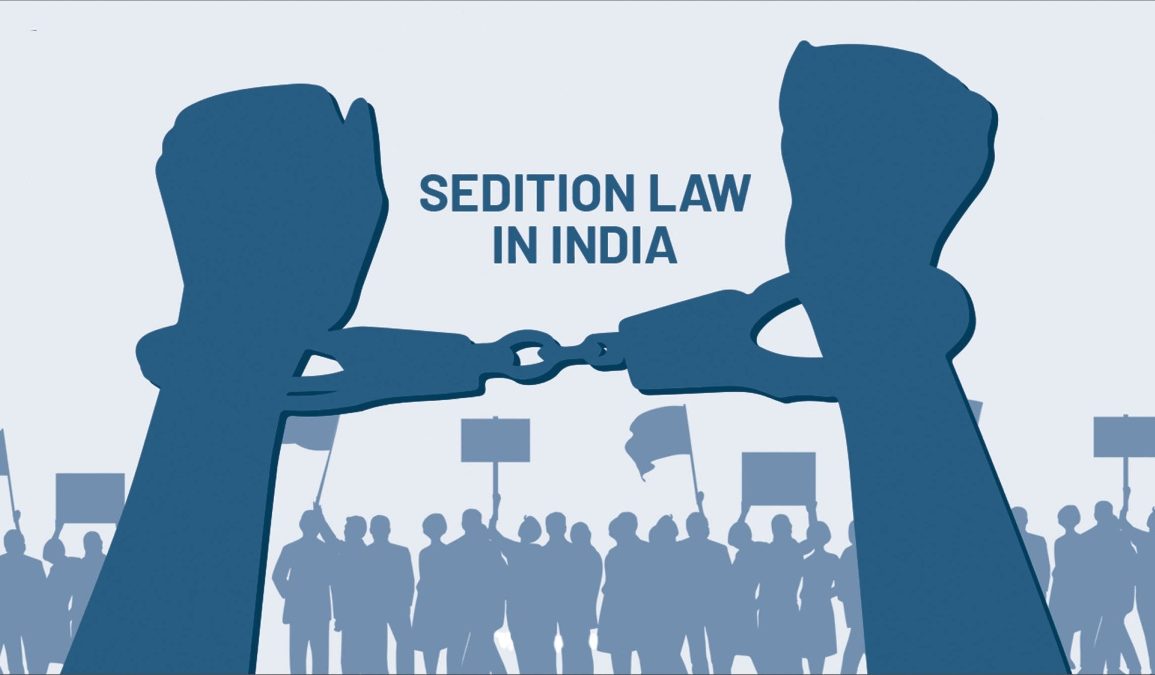The Sedition Law, a relic of the British colonial era, has been a contentious topic in India’s legal system, sparking heated debates and protests. Introduced in 1870, the Indian Penal Code’s Section 124A defines sedition as an “attempt to bring hatred or contempt, or excites or attempts to excite disaffection towards the government established by law in India.” This seemingly innocuous provision has been used to silence dissenting voices, with far-reaching implications on free speech and political activism.
Early Years and British Legacy (1870-1947)
The Sedition Law was formulated during the British Raj, when the colonial government sought to suppress nationalist movements and maintain control over the country. The clause was designed to criminalize any acts that might incite rebellion against the British authorities. The law was first invoked against freedom fighters like Mahatma Gandhi, who were accused of inciting hatred against the British government. During this period, the law was used to silence not only political dissent but also literary and artistic expressions deemed subversive.
Post-Independence and the Question of Free Speech (1947-1980s)

After India gained independence, the Sedition Law remained intact, with some minor modifications. However, the law’s application and interpretation were criticized for being overly broad and vulnerable to abuse. The Indian government continued to use the law to suppress dissenting voices, including those of socialist and communist activists. The law’s interference with free speech and assembly rights led to widespread protests and calls for its repeal.
Modern Debate and Challenges (1990s-Present)
In recent years, the Sedition Law has been the subject of intense debate, particularly following the government’s decision to invoke the law against journalist Arnab Goswami in 2018. Critics argue that the law is an affront to democratic values and the freedom of expression, while proponents claim it is essential for maintaining social order and protecting the government from criticism. The ongoing debate has led to calls for the law’s amendment or repeal, with some advocating for its complete abolition. In 2019, the Supreme Court of India referred the matter to a five-judge bench, seeking to clarify the law’s scope and applicability.
The Sedition Law in India represents a complex and contentious issue, with far-reaching implications on the country’s democratic fabric. As the nation navigates the challenges of modern-day governance, it is essential to strike a balance between protecting national security and upholding the fundamental rights of its citizens. The ongoing debate surrounding the Sedition Law serves as a reminder of the delicate dance required between individual freedom and collective security. By engaging with the history and ongoing debates surrounding this contentious topic, India can work towards creating a more just and equitable society, where the voices of its citizens are not only heard but also protected.


